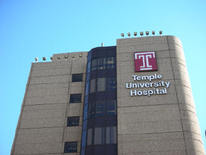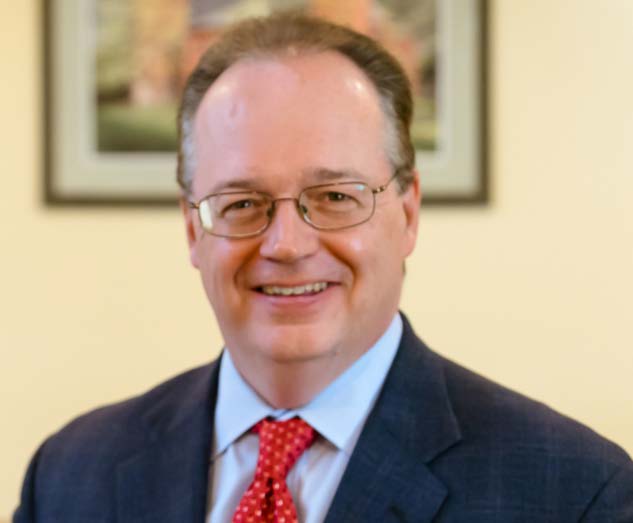 Temple University agreed to pay $100,000 to settle claims that it overbilled Medicare and Medicaid for neurology services. The settlement agreement covers alleged overbilling for services provided by Temple University physicians at the university’s own facilities and at Frankford Hospital. According to the government, the university submitted claims to Medicare and Medicaid using codes that resulted in higher payments for services than the codes that should have been used based on the medical documentation supporting the services. Using a higher billing code than the documentation supports is known as “upcoding.” After reviewing the government’s allegations and the underlying documentation, the university agreed that the coding was not accurate. Upcoding is just one type of billing practice that results in Medicare and Medicaid paying more for services than they should. Healthcare providers can be charged with upcoding when they use the wrong code or when the documentation supporting the claim for reimbursement is inadequate to justify the code that was used. Other improper billing practices include “unbundling” and “double billing.” Unbundling involves charging separately for services and procedures that should be billed under a single billing code. Double-billing occurs when a healthcare provider bills both government programs and either private insurers or patients. Upcoding, unbundling, and other types of improper billing practices are serious violations of the federal False Claims Act. They can result in treble damages and penalties of $11,000 for each claim submitted to the government. But these billing practices are often difficult to detect. That is why the government pays whistleblower rewards to individuals who come forward with evidence of improper, false or fraudulent claims. Under the federal False Claims Act, an individual who helps the government stop Medicare and Medicaid fraud and abuse is entitled to a whistleblower reward of between 15% and 30% of the amount the government recovers. These whistleblower rewards can amount to tens of thousands of dollars, hundreds of thousands of dollars, and in some cases millions of dollars. If you are aware of false or improper claims submitted to Medicare or Medicaid, then you should consult with an experienced whistleblower attorney. You may be entitled to a substantial whistleblower reward and legal protections under the False Claims Act. To arrange a free and confidential consultation with an experienced whistleblower attorney, call John Howley, Esq. at (212) 601-2728 or click here to reach our offices via email. John Howley, Esq. The information you obtain at this site is not, nor is it intended to be, legal advice. You should consult an attorney for advice regarding your individual situation. I invite you to contact our law offices and welcome your calls, letters and electronic mail. Contacting us does not create an attorney-client relationship. Please do not send any confidential information to us until such time as an attorney-client relationship has been established. I practice law and offer legal services only in jurisdictions where I am properly authorized to do so. I do not seek to represent anyone in any jurisdiction where this web site does not comply with applicable laws and bar rules.
0 Comments
Your comment will be posted after it is approved.
Leave a Reply. |
John Howley, Esq.
(212) 601-2728 |
